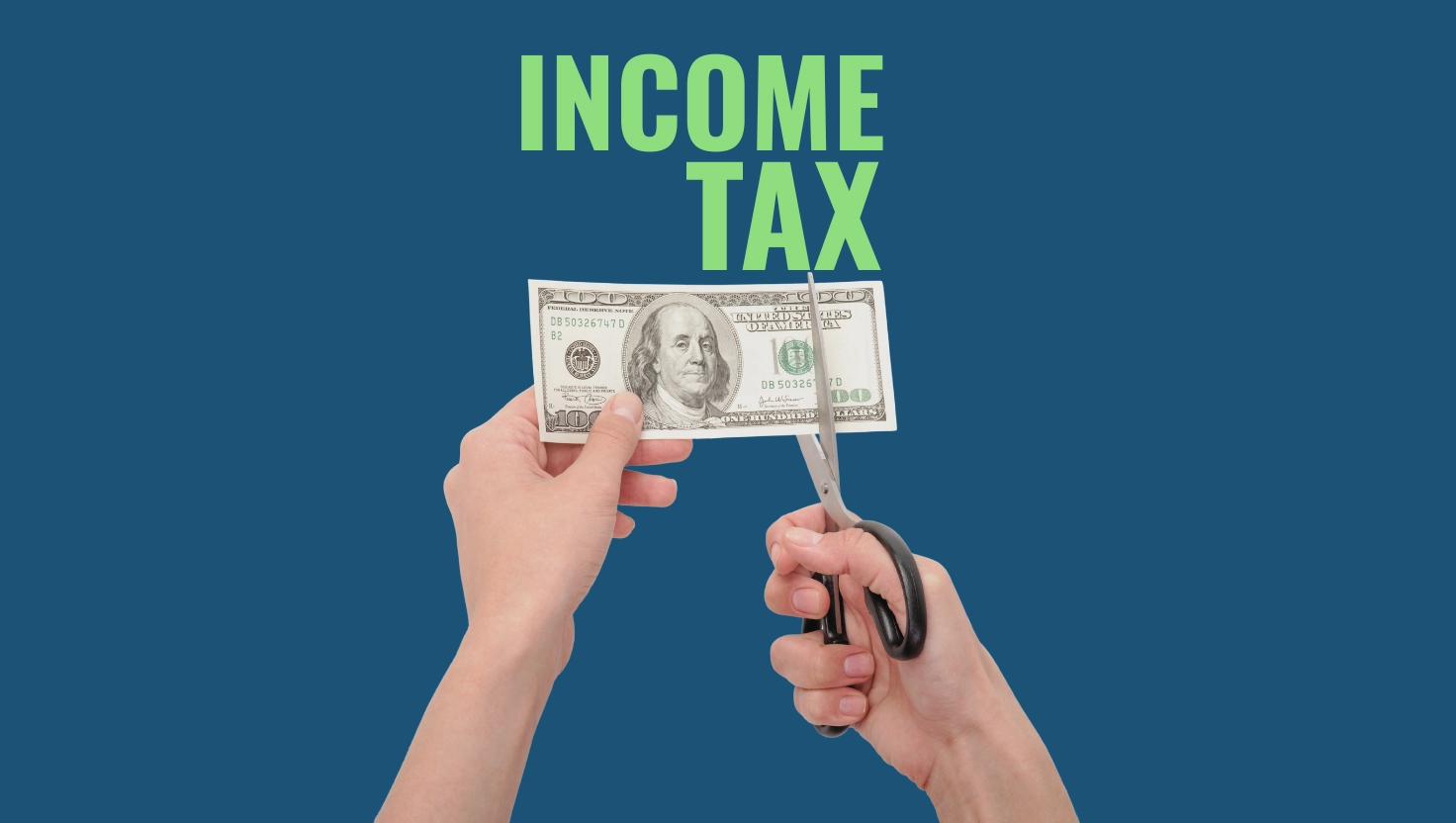You’ve heard it before. "We need government programs to help those in need."
But do they really help?
Do they actually give people what they need to succeed on their own?
Let’s take a minute to think about it. Government programs are sold on the promise of doing good, but they create something far more damaging - - dependency. They rob people of the drive to succeed, the freedom to make their own choices, and the individual responsibility that builds pride through hard work and sacrifice.
Sure, some people genuinely need help (we all get that). But wouldn't they be better off finding support through their own efforts or from people who actually know them? Like local churches, neighbors, or community organizations? Instead, they end up relying on distant, faceless government programs that might be doing more harm than good.
But that's a conversation for another day.
Right now, I want to talk about this thing called "dependency" how it works and how it just keeps creating more... well, dependency. There's no better way to see this trap in action than by looking at two government programs that seem completely different but follow the same pattern: welfare and school choice.
Welfare
Picture this. It’s 1935. The Great Depression is wreaking havoc on the country. Millions of Americans are out of work, families are desperate for food and housing, and the entire nation is hanging by a thread. Along comes President Franklin D. Roosevelt with the New Deal, and welfare becomes an emergency solution.
It made sense at the time. The country was in crisis, and people needed help. But it was meant to be temporary a quick boost to get folks back on their feet.
Now fast forward to today. Welfare has turned into something entirely different. It’s no longer a temporary safety net. It’s a massive, sprawling system embedded in both federal and state governments. What started as a lifeline has become a lifestyle passed down through generations like some twisted family tradition.
Oh, and this handout punishes success. Earn a little too much money? Benefits disappear. So, what do people do? They stay right where they are stuck in a cycle of dependency because the system they rely on actually discourages them from moving forward. Keeping them in poverty.
School Choice
Now you might be wondering, "What does school choice have to do with welfare?" On the surface, they couldn’t look more different. But dig deeper, and you’ll find the same pattern.
Government school choice programs come with rules. Income caps, compliance requirements, and conditions tied to the funds end up controlling behavior, just like welfare.
Parents who take these funds find themselves bound by whatever chains the government decides to pull. They start making decisions - not based on what’s best for their kids - but based on staying eligible for the money.
Earn too much? You’re out. Want to homeschool without government oversight? Sorry, not if you’re taking their money. Just like welfare, school choice programs create dependency that limits freedom, self-reliance, responsibility, and opportunity.
See the Pattern?
Whether it's welfare or school choice, government money always comes with strings attached or chains, depending on how you look at it. These programs redistribute your hard earned tax dollars and they also take control of the lives of the people who depend on them.
Think about where this money comes from. Your paycheck. The government takes a slice of what you earn and decides where it goes. You have NO say. It's not a fair system where you get back what you put in it's a redistribution system that rewards dependency and punishes independence.
And that's just the financial cost. The real damage is what these programs do to people's motivation.
Dependency Destroys Drive
When someone hands you everything your housing, your food, even your kids' education why would you push yourself to do better? The system keeps you just comfortable enough to survive but kills the fire to thrive.
It's like watching a kid who gets everything handed to them. No chores, no summer jobs, no hard lessons about money. What happens? They grow up expecting life to work the same way. Now multiply that across millions of families depending on government programs.
Government dependency doesn't fix what's broken. It just makes it easier to live with being broken. Kids grow up watching their parents rely on handouts and learn to do the same. The cycle spins on.
Hard work does something amazing to the human spirit. It builds resilience, pride, and the kind of strength that makes people push forward, even when life gets tough. Government programs? They do the opposite. They take away the need to strive and replace it with a numbing sense of complacency.
So, What’s the Fix?
The answer isn't throwing more money at these programs or expanding them. That's how we got here in the first place. The solution is pulling back.
Stop creating new systems that trap people. Get the government out of the business of playing Santa Claus with taxpayer dollars. When that happens, something incredible occurs: communities step in. Churches, neighbors, and families take on roles that government programs have hijacked. And here's the difference these are people who know your name, who care about your success, and who won't keep you dependent.
Individual responsibility also comes back into focus.
Think back to the last time you truly earned something for yourself. A promotion. Buying your first home. Even teaching your kid to ride a bike. Remember that pride? That sense of accomplishment? That's what these programs steal.
We don't need more government created dependency. We need freedom. Freedom to work hard, take risks, and build something real. And that starts with breaking the cycle of government handouts and bringing individual responsibility back into focus.
It's time to stop pretending these programs are helping. They're not. And we deserve better.
Disclaimer: The views expressed in this article are those of the author and do not constitute legal or professional advice. ConservaTruth assumes no liability for any actions taken based on this content. Read more.
Listen to this short audio to find out why you should subscribe to our weekly email updates.

Subscribe to ConservaTruth's Email Newsletter for curated insights on South Carolina's legislative activities and conservative viewpoints, delivered straight to your inbox! With vetted and easy-to-understand information, our newsletter empowers you to become an informed and engaged citizen, actively participating in safeguarding our cherished Constitutional values. Don’t miss out on crucial updates—join our community of informed conservatives today!





Comments